'China, Russia fill gap left by US in region'
Updated: 2015-03-23 04:12
By PAUL WELITZKIN in New York(China Daily Latin America)
|
||||||||
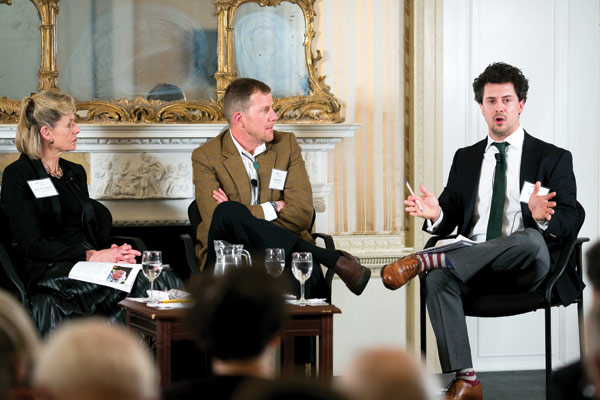 |
|
From left: Diana Villiers Negroponte, a public policy scholar at the Woodrow Wilson International Center for Scholars; Russell Crandall, a professor at Davidson College; and Guy Edwards, co-director of the Climate and Development Lab at Brown University, analyze a Latin America that is now minus a dominating US presence on March 18 in a discussion hosted by the Americas Society/Council of the Americas in New York. [Photo provided to China Daily by Courtesy of Americas Society/Council of the Americas] |
China and Russia are filling a void in Latin America caused by the United States not making the region a priority, according to an expert on Mexico and Central America.
Coming out of a recession and finding itself immersed in other world crises, "the US placed Latin America low on the priority list and this means Latin America is finding new partners across the globe'', said Diana Villiers Negroponte, a public policy scholar at the Woodrow Wilson International Center for Scholars.
Negroponte made her comments on March 18 during a panel discussion at the Americas Society/Council of the Americas in New York. Other panelists were Russell Crandall, a former Obama administration staffer and now a professor at Davidson College, and Guy Edwards, co-director of the Climate and Development Lab at Brown University.
Negroponte, who has written two books and numerous articles on Mexico and Central America, said Russia has rediscovered the region after withdrawing in the early 1990s. "Ten years later Russia resumed its interest through aircraft sales to Cuba," she said.
The revival of Russian attention for Latin America was further stoked by Igor Sechin, the CEO of oil giant Rosneft. Sechin saw great potential for Russia and Rosneft in the region's energy resources, said Negroponte.
Crandall believes that less US influence in Latin America will liberate the region and allow it to seek other partners such as China and Russia. Trade between China and Latin America jumped to over $200 billion in 2011 from less than $3 billion in 2001.
As China expands its role in Latin America, he said that Beijing should take a low-key approach to the region.
"The recent incident involving the train bids in Mexico should serve as a cautionary warning to both sides. In Latin America, they have to wonder if China is really interested in them or do the Chinese have bigger fish to fry like Africa," said Crandall, who has held several high-level foreign policy appointments, including with the National Security Council at the White House.
Brown University's Edwards said climate change is a subject that could enable China to build long lasting economic and diplomatic successes in the region.
"Latin America is a lot more worried about climate change than the rest of the hemisphere and especially North America," he said. "Brazil and Chile are suffering from droughts so Latin America sees climate change as a security threat."
"Latin America is eager to play an active and leading role in UN climate-change activities. Peru hosted the (UN) climate talk's conference last year. The US, in part because of internal political differences, is reluctant to be a leader on the issue," Edwards said.
Edwards said climate change can become a major part of Chinese-Latin American trading activities, helping to make up for at least part of the lost commodity trading that occurred because of the slowing economy in China.
"China has some of the most productive and efficient renewable energy technology in wind and solar," he said. "Latin America is setting up its renewable energy targets ad there is no reason why Chinese companies can't help the region fulfill those targets."
paulwelitzkin@chinadailyusa.com
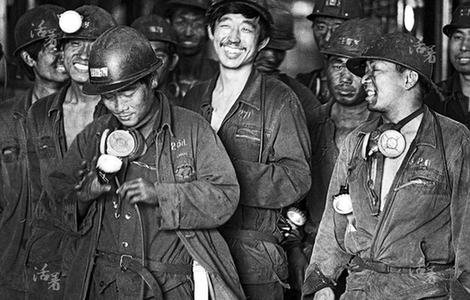
 Dramatic changes for Chinese miners in the last 30 years
Dramatic changes for Chinese miners in the last 30 years
 Antitrust policy 'treats all fairly'
Antitrust policy 'treats all fairly'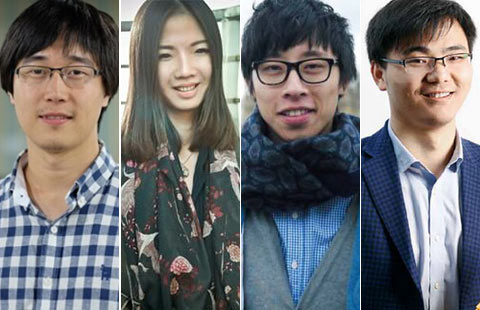
 Top 10 young Chinese entrepreneurs defining the future
Top 10 young Chinese entrepreneurs defining the future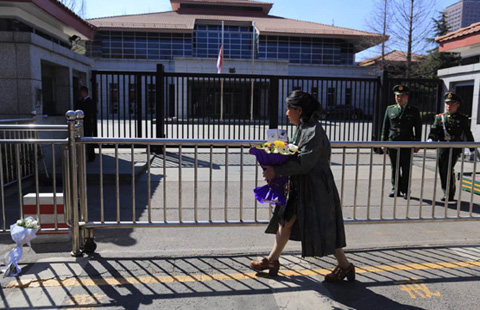
 Singapore Embassy in Beijing mourns Lee Kuan Yew
Singapore Embassy in Beijing mourns Lee Kuan Yew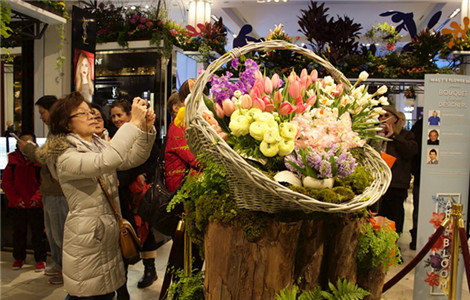
 China joins legendary flower show
China joins legendary flower show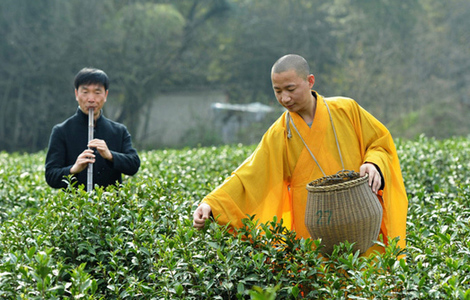
 Monks perform tea-picking ritual in Hangzhou
Monks perform tea-picking ritual in Hangzhou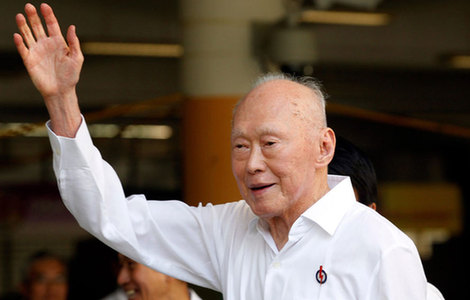
 Singapore founding father Lee Kuan Yew
Singapore founding father Lee Kuan Yew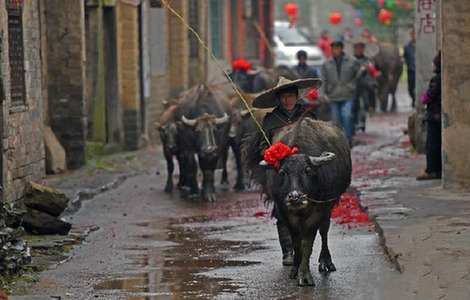
 5 things you may not know about the Spring Equinox
5 things you may not know about the Spring Equinox
Most Viewed
Editor's Picks

|

|

|

|

|

|
Today's Top News
Kites of Asia soar at Smithsonian
Beijing artist gives back to opera
Lee remembered as 'old friend' of Chinese people
Texas Republican Cruz announces presidential bid
Fictional TV presidents more popular than Obama - poll
Funding of China-backed bank will be open to other countries
Six Western economies apply to join AIIB
US urged to honor pledge
US Weekly

|

|







